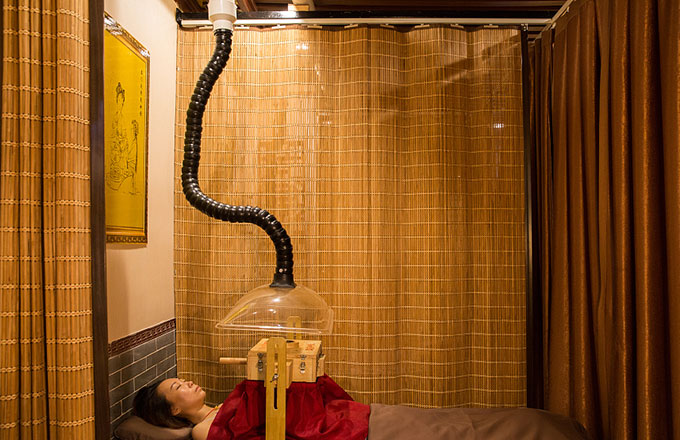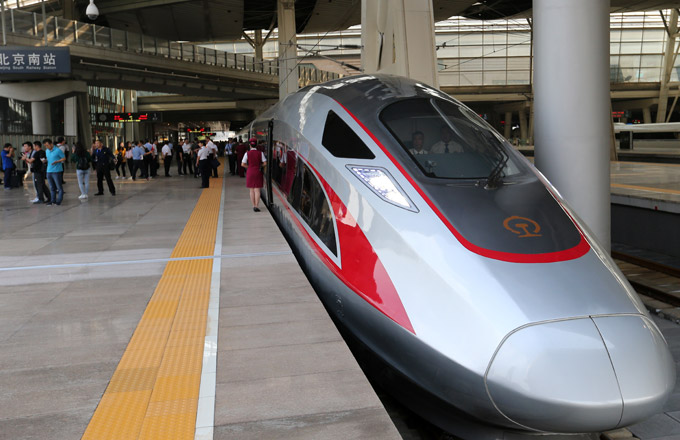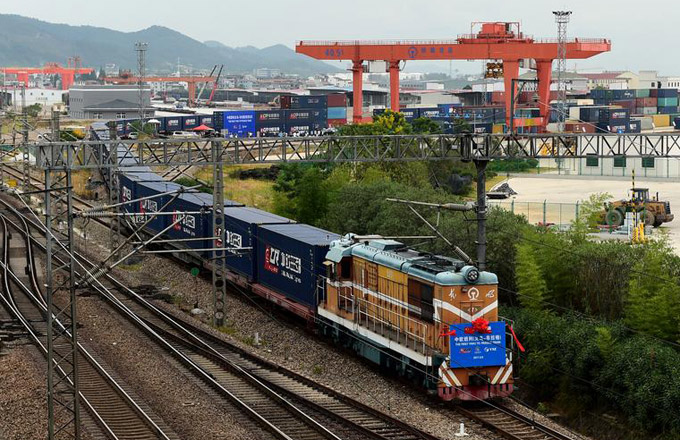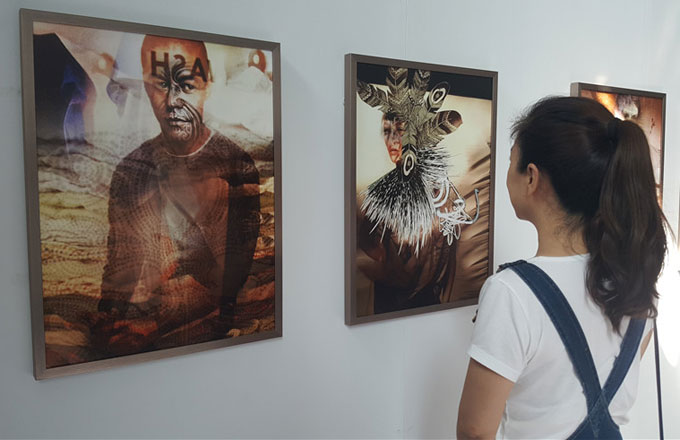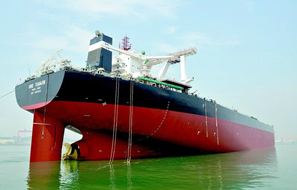Fugitive terror suspect nabbed
Although Xinjiang's economic growth has sped up over the past few years, problems undermining the region's stability haven't been solved, as separatist forces at home and abroad have intensified their activities, Yu Zhengsheng, a member of the Standing Committee of the Political Bureau of the Communist Party of China Central Committee, said on Saturday.
"We should be clearly aware of the complex and acute nature of the long-term struggle against separatism," Yu said after arriving in Urumqi, the regional capital.
"We will step up actions to crack down on terrorist groups and extremist organizations and track the wanted," he said.
Meng Jianzhu, head of the Party's Political and Legislative Affairs Committee, said the Armed Police should closely cooperate with local public security organs, and carry out 24-hour patrols to protect the public.
He made the remark at a gathering for mobilizing anti-terror efforts in Urumqi on Saturday night.
Wang Zhilei, an Urumqi resident who witnessed the July 5 riot in the city in 2009, which left 197 dead, echoed the calls made by authorities.
"We want to see and feel the government can actually protect us. The scariest thing about a terror attack is that it can happen to anyone, anywhere and anytime," he said.
"The recent attacks have brought back the memories and fears of many people. Please don't let similar incident happen again," the 35-year-old said on Sunday.
Abrat Aishan, deputy director of academic affairs at the Xinjiang Islamic Institute, said the law is the best weapon to protect religion and prevent the spread of extremist beliefs.
Keram Abliz, deputy director of the Xinjiang Islamic Association, said patriotic religious leaders around the region are the main force to fight extreme religions.
They should use their influence to let people know about the dangers of such extreme beliefs and to treasure peaceful life. After all, terrorists are the enemy of all people, no matter what their beliefs are, he said.





